Entry to India: In 1996, Hyundai entered the Indian automotive market by establishing a manufacturing plant in Tamil Nadu. This move marked the company’s first step toward building a strong presence in one of the world’s fastest growing markets. The plant, equipped with advanced technology, laid the foundation for Hyundai’s future growth in India.
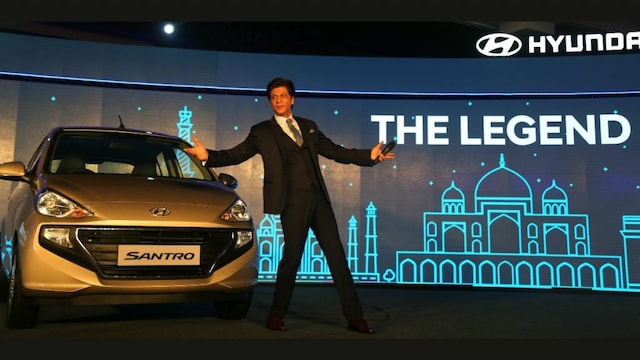
Launch of the first car: Two years after entering the Indian market, Hyundai introduced its first car, the Santro, in 1998. The Santro quickly became a popular choice among Indian consumers, thanks to its affordability and compact design, which catered to urban mobility needs. . This launch played a pivotal role in establishing Hyundai as a household name across the country.

Expanding product line: After the success of the Santro, Hyundai expanded its portfolio with models such as Accent, i10 and i20. These vehicles not only diversified Hyundai’s offering but also helped solidify the brand’s position as a leading automobile manufacturer in India. By catering to a wide range of customer preferences, Hyundai grew its customer base rapidly.
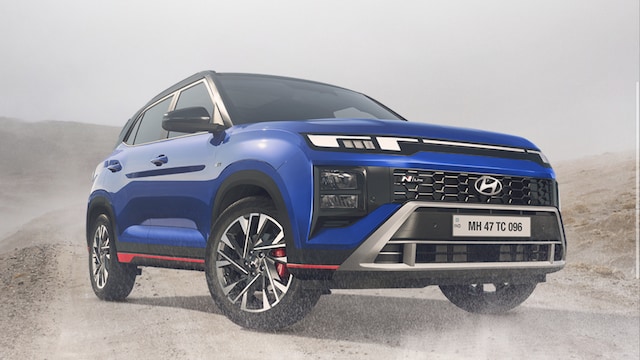
SUV Strategy: In 2015, Hyundai made a significant shift by focusing on the SUV segment and launched the Creta. This strategic move transformed its market position, as SUVs became increasingly popular in India. Today, SUVs account for 67% of Hyundai’s total sales, further boosting its market presence and profitability.
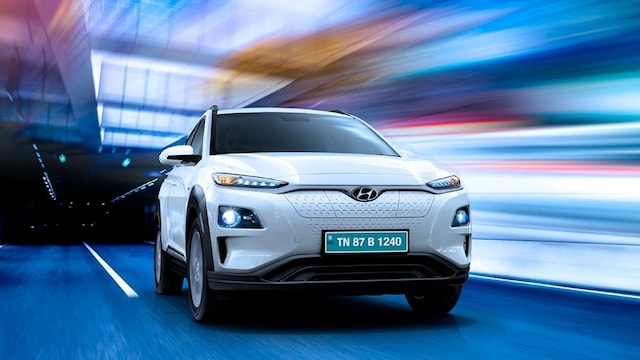
Electric Vehicle Plan: In 2019, Hyundai took a step into the future by introducing India’s first all-electric SUV, the Kona Electric. The company has outlined plans to launch four more electric vehicles, including an electric version of its best-selling SUV, the Creta, by Q4FY25. These efforts align with the growing demand for electric mobility in India.
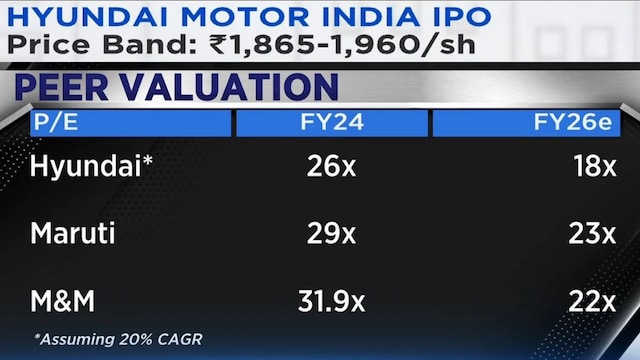
Market share: Despite its strong presence in the market, Hyundai has faced a slight decline in its market share, from 16.1% in FY2019 to 14.6% in FY24. During this period, competitors such as Tata Motors, Mahindra & Mahindra and Kia have gained market share, while Maruti Suzuki remains the dominant player with 42% in FY24, up from 51% in FY19.
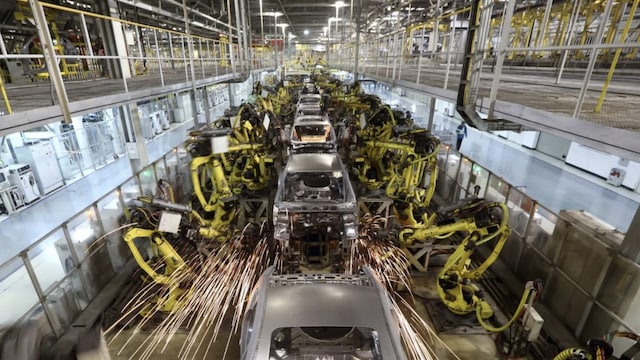
Production capacity: Hyundai continues to expand its production capabilities in India. Its Chennai plant can currently produce 820,000 cars a year. Additionally, Hyundai acquired a facility near Pune from General Motors, which is expected to add 170,000 units by FY26, with a long-term target of 250,000 units per annum by 2030. This expansion will support both domestic demand and exports. .
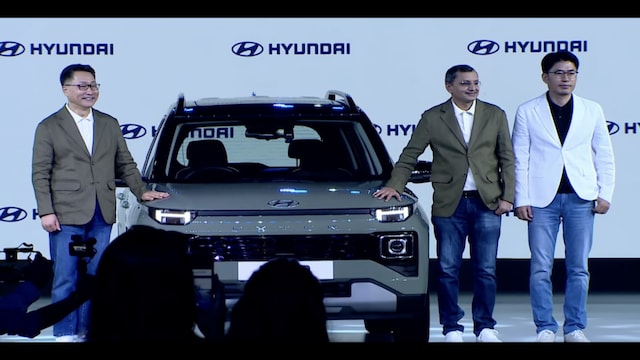
Export markets: Hyundai maintains a strong export focus, with 20% of its production sent to international markets. Key export destinations include West Asia and Africa, which offer the company higher margins compared to domestic sales. This export strategy also provides a buffer against fluctuations in the Indian market and helps Hyundai balance its overall business operations.
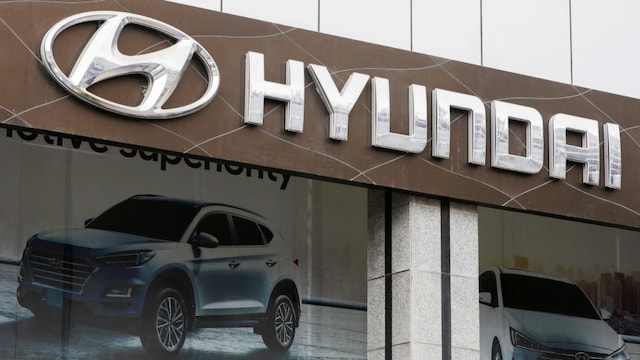
Financial performance: Hyundai has demonstrated strong financial performance in recent years. In FY23, the company generated revenue of Rs 60,308 crore, up from Rs 47,378 crore in FY22. Profits also increased from Rs 2,802 crore in FY22 to Rs 4,709 crore in the year. fiscal 23. This financial growth highlights Hyundai’s ability to adapt to market conditions and maintain profitability.

Investment prospects: Looking ahead, Hyundai has announced plans to invest Rs 32,000 crore in India over the next decade. This investment will be aimed at expanding its operations, increasing production capacity and recovering market share. Despite challenges in the global automotive industry, Hyundai remains committed to sustainable growth in India, while keeping an eye on increasing competition and market uncertainties around the world.
Disclaimer:
The information contained in this post is for general information purposes only. We make no representations or warranties of any kind, express or implied, about the completeness, accuracy, reliability, suitability or availability with respect to the website or the information, products, services, or related graphics contained on the post for any purpose.
We respect the intellectual property rights of content creators. If you are the owner of any material featured on our website and have concerns about its use, please contact us. We are committed to addressing any copyright issues promptly and will remove any material within 2 days of receiving a request from the rightful owner.

